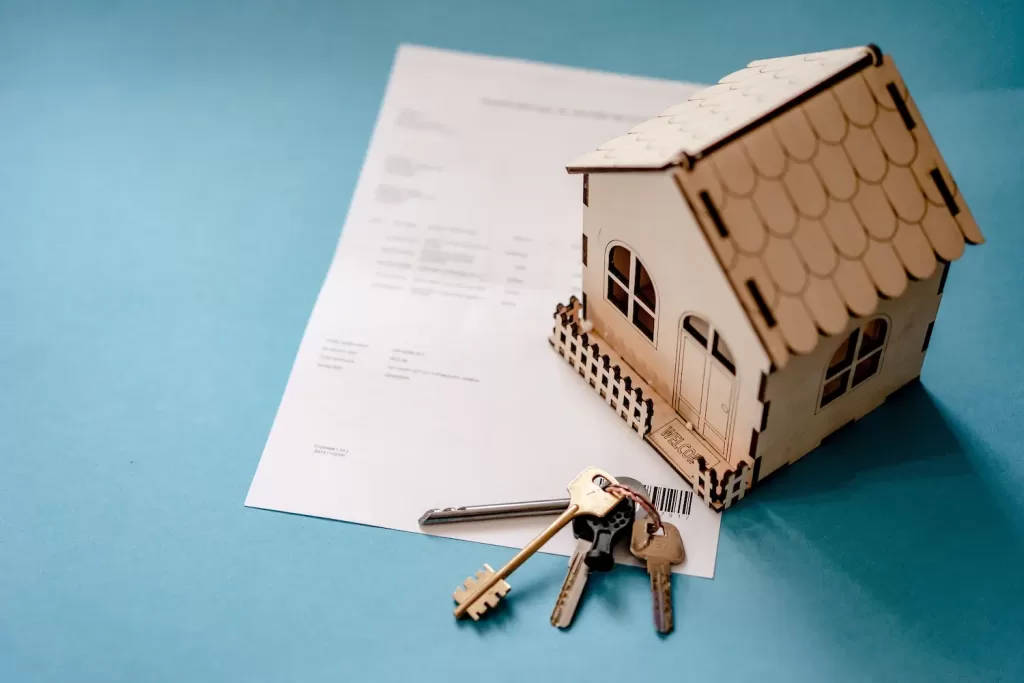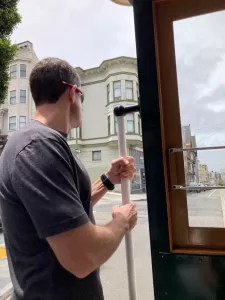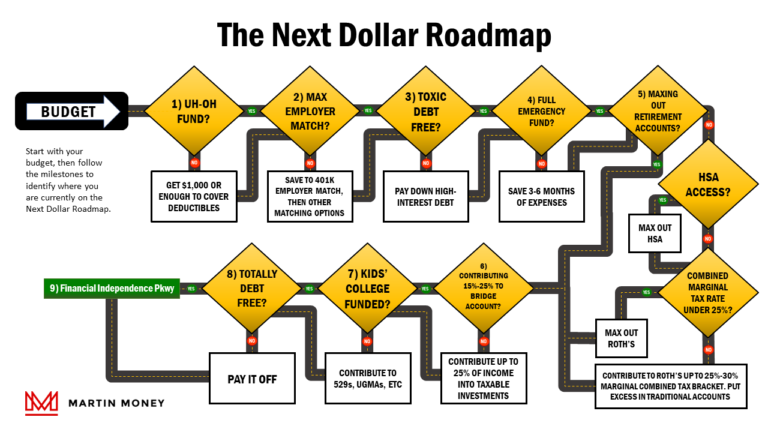What is a Life Estate Deed?
A while back I had a friend whose last living parent (his mother) passed away.
As is the case with most families, the estate was divided equally between him and his siblings, and he was nominated by his mother to serve as the executor.
I felt for him a bit.
Being selected to serve as an executor is an honor, but it can also be a bit of a thankless job and quite a headache.
The mere thought of navigating the probate process makes me a bit nauseous, and having to do that right after saying your final goodbyes to a loved one would only seem to enhance the grief.
Thankfully, I haven’t had an opportunity to experience this personally, but I hear it’s not much fun.
Anyhow, I was surprised to learn from my friend that only a few weeks after his mother’s passing, he had already listed her house for sale and accepted an offer from a buyer just a few days later.
In less than seven weeks after her death, he had all of her former possessions and assets sold and/or distributed according to the terms of her living trust.
…seven…weeks.
Given that it normally takes six months or more to nurse a will through probate, I was impressed.
Naturally, I assumed a trust was involved, but I truly marveled at the haste with which he was able to have the deed to his mother’s house transferred to his own name to sell the property so quickly.
As it turns out, his family used a life estate deed to expedite the transfer of the house into his name, giving him the ability to quickly sell the house and move on.
Disclaimer
Before we move on, I want to make it very clear that the purpose of this post is to educate you, the reader, about the existence of life estate deeds and nothing more.
I’m not an attorney, but I have seen A Few Good Men and Matlock more than once, so I feel fully qualified to tell you to go see a licensed attorney for information about establishing your life estate deed if that’s what your lawyer counsels you to do.
Or, if nothing else, tuck this little idea away for a time when you are setting up your own estate plan and ask your lawyer about it then.
That’s the truth. And if you want the truth, I hope you can handle the truth.
How Life Estate Deeds Work
A life estate is a property that an individual owns for their lifetime. The owner of said property is known as the “life tenant” and they share ownership with a second person known as the “remainderman”.
It’s a common mistake, but no, Remainderman was not one of the Avengers.
Upon the death of the life tenant, the remainderman automatically receives title to the property that is in the life estate and they get to shield that portion of the estate from the probate process entirely.
Cons of Life Estates
You’ll note that I wrote the remainderman and life tenant share ownership of the assets in the life estate.
One downside of this arrangement is the life tenant must have the consent of the remainderman to sell or mortgage the house in a life estate deed.
Another major concern is the potential that the life tenant could be exposed to any legal issues that the remainderman runs into.
This is not an agreement the life tenant should wander into carelessly.
If you have a deadbeat for a kid, he may be your deadbeat, but a deadbeat he remains. Do yourself a favor and choose another sibling or leave the house in your will for the kids to sort out in probate.
Also, if your selected remainderman dies before the life tenant, their interest as remainderman becomes part of their estate.
This means you could end up with a different remainderman or remaindermen that you never intended to have an interest in your home.
Another undesirable characteristic is life estate deeds can be a challenge to unwind.
I feel like we’ve been clear that this arrangement closely links the life tenant and the remainderman and we can’t emphasize that enough.
In other words, be very sure this is something you want to do before entering the arrangement.
Pros of Life Estates
The most attractive aspect of a life estate is the ability it gives the remainderman to avoid probate. This alone saves months and possibly a significant amount of money.
Another feature, and one of my biggest concerns, is the free step up in the cost basis of the home.
In the normal course of events, the heirs of an estate receive a free step up in the cost basis of the assets of the benefactor when they pass away.
That means appreciating assets like stocks and homes are not subject to any capital gains tax when they are inherited (though any appreciation after that may be subject to tax).
If using a life estate deed nullified this benefit, it would lose much of its luster.
However, heirs still receive the tax benefits normally provided for inheritance through a life estate deed.
Finally, even if the relationship with the remainderman goes sour or they predecease the life tenant, the life tenant will never lose their right to remain in the home for the rest of their life.
Life Estate Deeds & Medicaid
There is a common strategy that life estate deeds could potentially provide to homeowners who have concerns about their eligibility for Medicaid benefits as they age.
Medicaid is primarily designed to help those with lower income and fewer assets (i.e. low net worth) pay for medical expenses. Among other benefits available through Medicaid is long-term care for seniors.
One of the challenges to receiving these benefits is means testing which is another way of saying if you have the means through income or assets to pay for your long-term care, then you won’t be eligible for benefits.
So, let’s say you’re in your latter years and you don’t have much income, but your house is worth several hundred thousand dollars.
Well, in this situation you would be penalized for having a nice home, even if you can’t or don’t want to liquidate it to pay for long-term care.
A life estate deed could help you avoid this situation as it moves your home out of your estate, protecting it from inclusion in means testing.
Keep in mind that there is a five-year lookback for Medicaid benefits, so you’ll need to have completed the life estate at least five years before you begin applying for Medicaid benefits.
Summary
Benefits | Drawbacks |
No probate | Exposure to legal risks of remainderman |
Maintain step up in basis | Remainderman predeceases life tenant |
Possible Medicaid strategy | Changes require consent of remainderman |
Right of life tenant to stay in house for life | |
Retain tax benefits of property ownership |
I realize there appear to be more benefits than drawbacks of life estate deeds, but the risks associated with the drawbacks are very concerning.
For me, the potential of exposing your home to the legal or credit obligations of the remainderman is a huge deterrent.
I understand the desire of parents to make sacrifices and even take risks for the benefit of their children. Still, you need to ask yourself if your selected remainderman is trustworthy enough for you to assume this risk so you can spare them the headaches of probate.
That’s a lot to ask in my humble opinion.
Do not make this decision carelessly and you should seek the input of a qualified attorney who has seen these arrangements go well and probably seen some of them go badly.
For more about inheritance and wills, check out these posts:
How to Leave an Inheritance: 8 Thoughts







